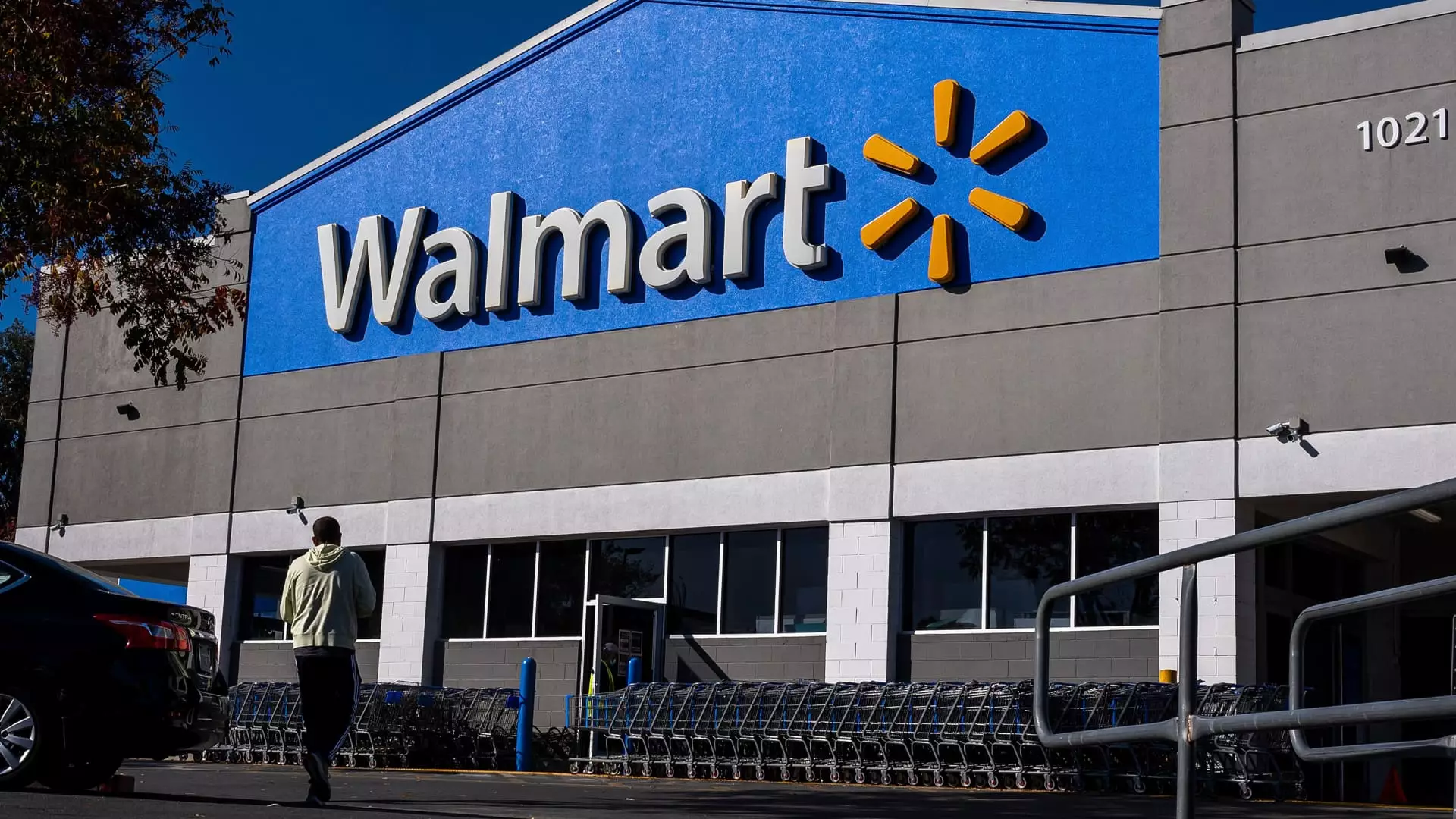The conversation around international trade policies and tariffs has heightened significantly since President-elect Donald Trump’s administration proposed potential tariffs on imports. As retailers brace for potential repercussions, the insights shared by Walmart’s Chief Financial Officer, John David Rainey, signal crucial implications for consumers and the retail market. This article delves into these implications, the broader retail landscape, and the strategic responses companies are considering.
During a recent interview with CNBC, Rainey highlighted the dilemma facing retailers: abiding by the core principle of “everyday low prices” while facing the possibility of increased prices due to tariffs. Specifically, Rainey stated there may be instances where consumers could see price hikes as a direct result of the policies being proposed. This statement embodies a larger trend in the retail market, where companies are increasingly aware of the financial strain that tariffs could inflict on consumers.
The proposed tariff range of 10% to 20% on all imports, with even higher levies on goods from China, looms large in the retail sector. Rainey, recognizing the uncertainty surrounding which products could be affected, reinforces the notion that stakeholders across the retail spectrum are grappling with significant unknowns.
Walmart’s warnings reflect a sentiment echoed by other retail leaders. The National Retail Federation’s Chief Executive Officer, Matthew Shay, voiced concerns that tariffs equate to a “tax on American families,” emphasizing the inflationary effects that would likely ensue. As consumers are already experiencing moderate inflation after several years of financial pressure, the introduction of tariffs could exacerbate pricing challenges, weakening consumer purchasing power.
Companies beyond Walmart, including e.l.f. Beauty and Steve Madden, are also assessing their operational strategies in light of these proposed tariffs. For instance, Steve Madden plans to cut imports from China by up to 45%, showcasing a proactive approach to mitigate potential financial impacts. Such adjustments reflect a growing trend among retailers who recognize the necessity to adapt their supply chains amid uncertainties in trade policy.
An essential strategy emerging among retailers, including Walmart and Lowe’s, is diversifying the supply chain to reduce reliance on a single country. Rainey’s comment that approximately two-thirds of Walmart’s product offerings are either made or sourced within the U.S. indicates a notable shift towards domestic manufacturing. By sourcing goods from multiple regions, retailers are attempting to safeguard themselves against the economic volatility that tariffs can introduce.
Lowe’s CFO, Brandon Sink, echoed similar sentiments, revealing that about 40% of their costs stem from international sources. He expressed readiness to respond to tariff implications while emphasizing that the timing and specifics of these policy shifts remain unpredictable. This adaptability highlights an essential characteristic of retailers: the need to navigate the complexities of global supply chains amid changing political climates.
The discussions surrounding tariffs signify more than just pricing changes; they encapsulate a broader narrative of economic resilience and strategic evolution within the retail sector. As leaders like Rainey and Sink navigate the potential implications of tariffs, the focus remains on balancing consumer needs with the operational realities of supply chain management.
The looming question is how this evolving landscape will affect consumer behavior and financial stability. Should tariffs be enacted, the heightened pricing could deter consumer spending, potentially impacting sales across the retail spectrum. As the industry watches closely, the overarching theme remains that planning for uncertainty is paramount, with strategic adaptability becoming a cornerstone for sustained success in the ever-evolving retail market.

Leave a Reply